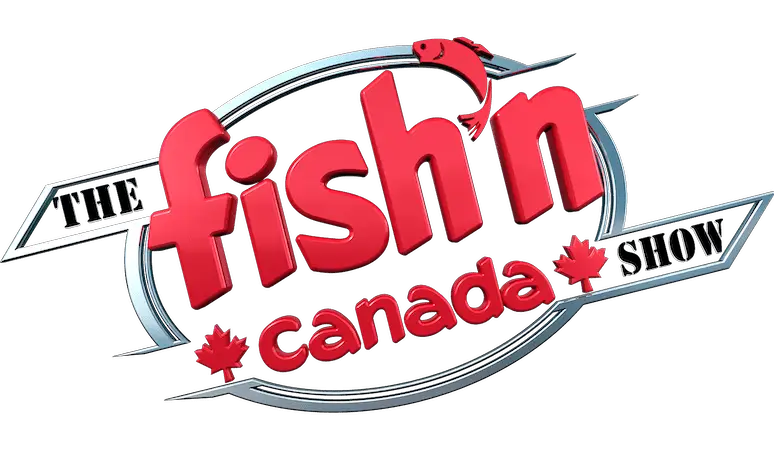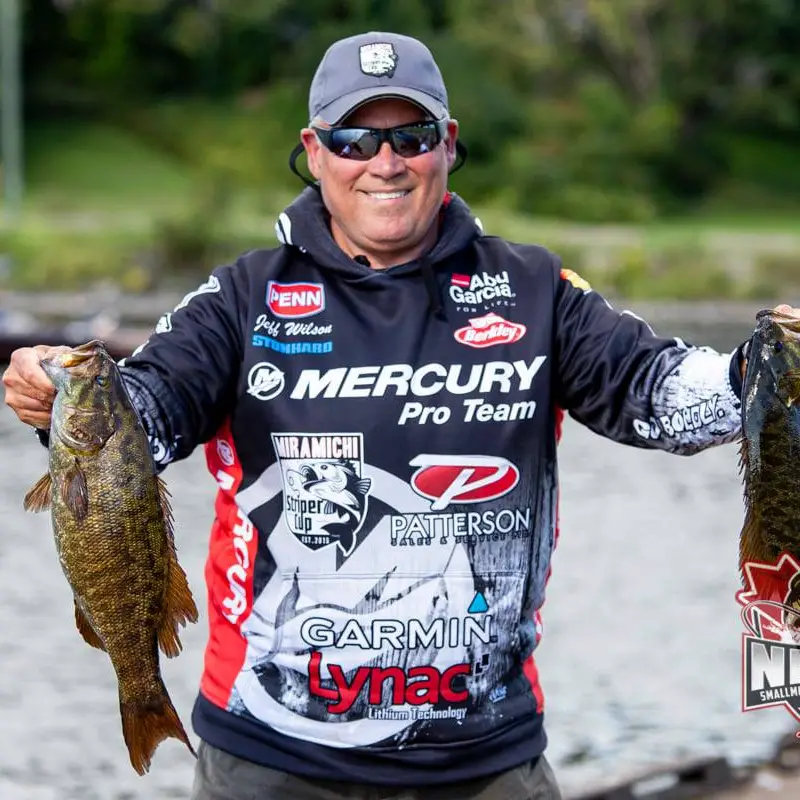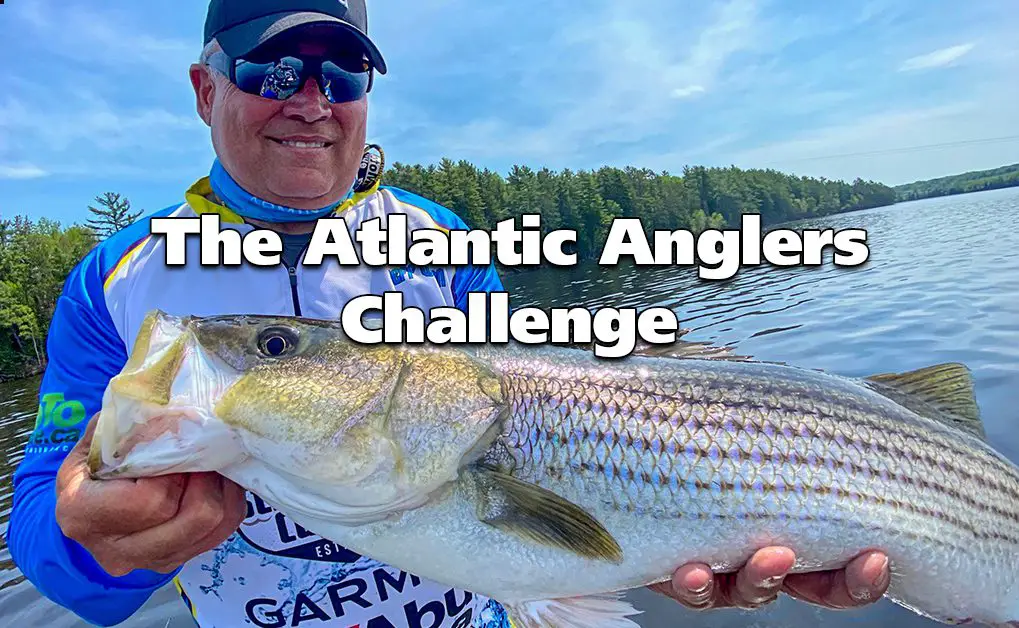Over the last number of years, I have interacted with many talented fishery researchers here on the east coast. One of the most troublesome things I have learned is how much we really don’t know about our fisheries. Governments have chronically underfunded recreational fisheries and any research studies required to understand our local species. This chronic underfunding has led to a continuous reduction in habitat protection, water studies on local lakes, stock level studies, young-of-the-year counts, spawning results—and on and on.
Without this hard data, governments use “loudest complaints“ to determine fishing limits and management policy. Here in New Brunswick, the government hears that trout catches are down and that anglers are upset. Instead of doing scientific studies to determine the reasons—acid rain, low pH, warming waters, reduction of habitat, retention by anglers and illegal poaching—the fishery managers decided, since they’d heard that Smallmouth Bass were “taking over,” to just go with the low hanging fruit! Thus, they determined it was Smallmouth Bass killing all the trout. They didn’t begin any scientific studies to determine if this was true or what was, in fact, causing the decline in trout. Nor did they have any studies on Smallmouth Bass as baseline data. They had no way of telling if this was true or just hearsay science.
Blind Decisions
Because of government underfunding, fishery managers were forced to make a blind decision based on hearsay. They went ahead and increased daily limits on Smallmouth Bass tenfold from zero retention during spawning / two per day in summer (July 1 – October 1) / zero in fall to five per day from April 15 – September 15 (Rivers, brooks and streams) or May 1 – September 15 (Lakes, ponds, reservoirs). Some exceptions apply; see the New Brunswick 2020 Fish Guide for specifics.
This retention increase was based solely on intuitive information presented by managers as fact to government decision-makers. The last extensive study done on Smallmouth was in 1994 in cooperation with the Fredericton Anglers. The Mactaquac Lake Discovery Project report was published in February 1994 and concluded that Smallmouth Bass should be protected as they are in the most northern zone, and young-of-the-year and spawning success is limited.
During my discussion with the Department of Natural Resources and Fishery managers, they agreed that if they had the funding, they would do more studies to ensure they made a decision based on science. Underfunding is a threat to many species; muskie limits are five per day because, again, there are complaints that they are eating the trout. Yet again, the government has no information or studies to determine what effect the muskie has had on traditional species. Until a few years ago, managers wanted muskies killed when caught and refused to recognize them as a sportfish.
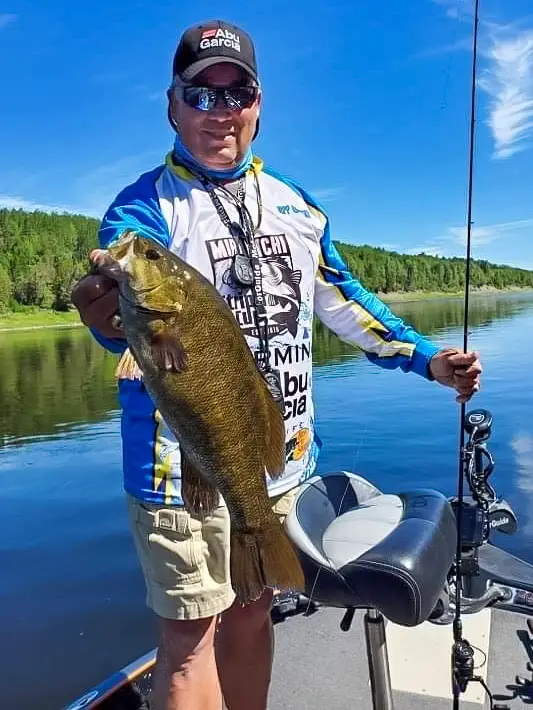
The Science of Hearsay
Before I get many notes and complaints, Smallmouth Bass were introduced in the late 1800s in New Brunswick and are not an invasive species. They are a naturalized species after 100 years of being in the province. Like the white-tailed deer that has taken over traditional caribou habitat, the Smallmouth has filled the gap created by Man and climate change. No one would dare call the white-tailed deer invasive in New Brunswick.
During this process of increasing the limit on Smallmouth, the government managers asked local bass organizations what lakes had bass. The fishery managers did not know what was in the different lakes and had no idea where the Smallmouth Bass were. Again, based on hearsay, they determined a small number of lakes would be managed for Smallmouth, and all other waters would be open season!
We now face the same prejudice with Largemouth Bass (who have migrated down the Saint John River and border waters with Maine). Fishery managers decide that this natural migration is not wanted and that anglers should kill them if they catch one. They don’t know how long they have been in the province, where they are and why. They just decide they should be destroyed. Again, no science, no studies, no information.
Enter Citizen Science
Lack of funding threatens many of our recreational fisheries and management decisions based on hearsay instead of data continue our blind fishery management practices on the east coast. This is not unique to New Brunswick as most recreational fisheries on the east coast are underfunded when it comes to scientific management studies. This is where citizen science becomes imperative to protecting our resources. Anglers can provide hard data on the species they fish and the areas they fish in and how much effort they invest in the sport.
“A major challenge faced by fisheries biologists is monitoring fisheries effectively. Conventional methods, such as netting and angler (i.e. creel) surveys are expensive, and only yield data for prioritized and local waterbodies. This leaves lakes and streams under-monitored and potentially at conservation risk. “- Dr. Trevor Avery SBRT
Alarmingly, angling effort is virtually unknown for many species, including all coastal (saltwater) species where a fishing license is not required. Even with fishing licenses, only the number of anglers is known, not the amount of fish that are retained or the effort associated with fishing. The increase in angling pressure to all species (but probably more so on non-traditional species) means there is a huge data gap in our collective scientific knowledge.
To get a governments point of view on the current state of NB fisheries, here’s an interview with New Brunswick’s Minister of Energy and Resource Development Mike Holland.
What Can Anglers Do To Help?
During winter quarantine discussions between Dr. Trevor Avery SBRT and Sean Simmons (Masters of Environmental Science and president of The Angler’s Atlas) and myself, we talked about how we could help fill the data gap.
The Atlantic Anglers Challenge was born based on the following pillars:
- Community support for COVID-19.
- Community support for scientific research.
- Citizen Science engagement in support of recreational fishery information, especially for species that receive limited focus.
- Many participation opportunities, e.g. shore/coast, boat, river, or lake.
- Sponsors have a broad audience for angler promotion, sponsor promotion and partnerships.
- Outreach to anglers on best fishing practices and conservation.
The Atlantic Anglers Challenge
The Atlantic Anglers Challenge aims to gather multi-species fishing data through a Citizen Science approach where the registered anglers contribute their catch data for use by fisheries researchers. Data collection is done through Angler’s Atlas and their MyCatch app available for iPhone and Android mobile devices. Potential data includes numbers of species caught, total catches, fish lengths (size), and, most importantly, fishing effort.
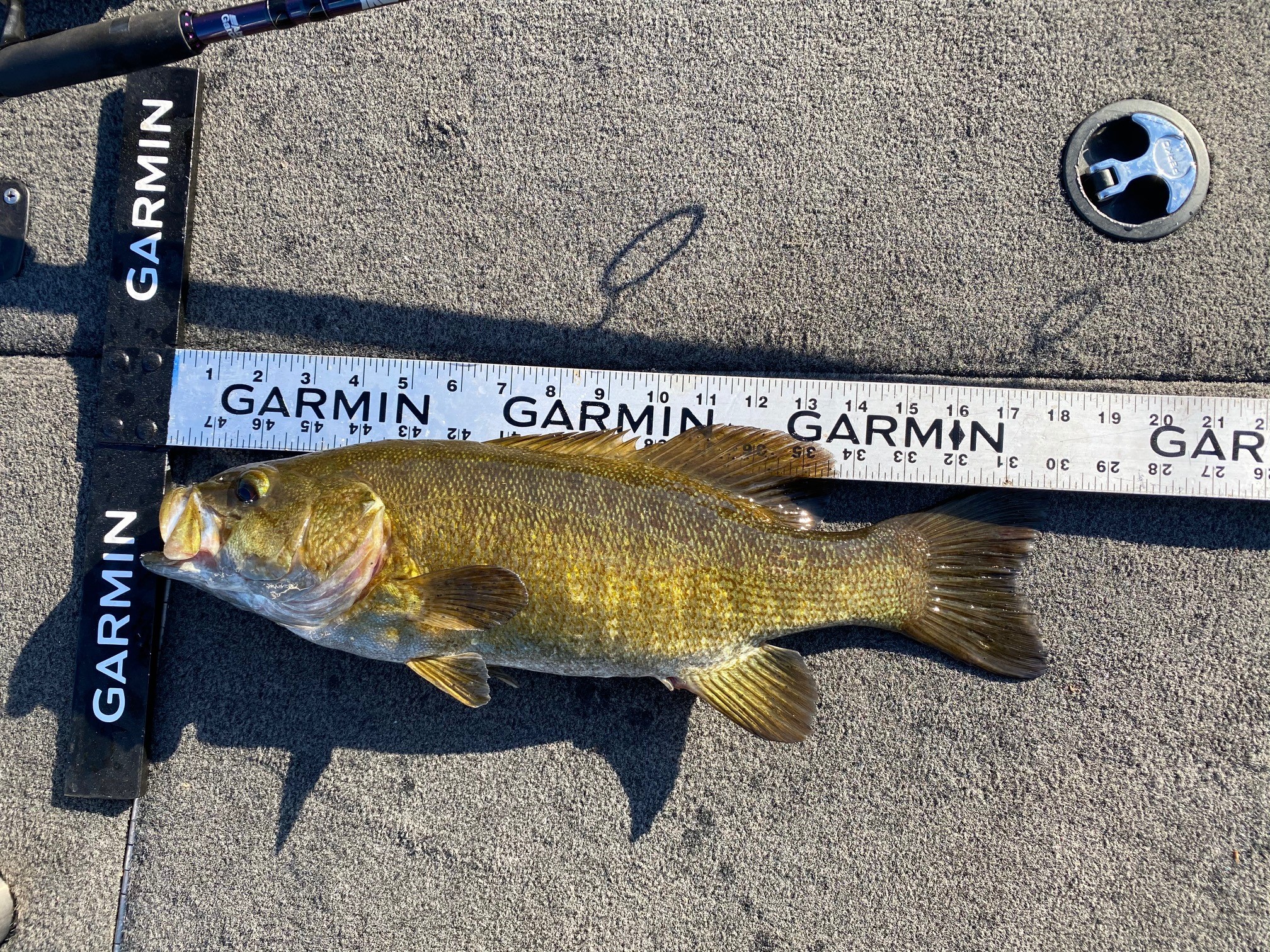
Our plan was to make a fun fishing event to help gather real fishing information (data) and provide some great prizes and support local hospital foundations with COVID-19 relief. We are hoping anglers will embrace the challenge and help research partners like SBRT and Angler’s Atlas gather data to be used to force the government to manage our fisheries appropriately.
With Anglers providing good data, research groups like SBRT will be able to compile the information and develop a picture of many species’ conditions. Anglers enter their catch on their phone app, including photos, measurements, time, day, etc. All this information is protected, and anglers can rest assure their secret spots are safe. The app is super easy to use and can store the catch if you’re out of service or don’t want data use until you get to Wi-Fi. Anglers should add any fish they catch, big or small, with or without measurement, as these all provide excellent information.
Cash Prizes (and More)
The challenge will use the cash raised to provide cash prizes to multiple categories such as most species caught, longest Smallmouth Bass, longest muskie, longest Striped Bass, etc. In addition to the cash prizes, sponsors—who support the need to help protect our recreational fisheries—have been encouraged to support this initiative.
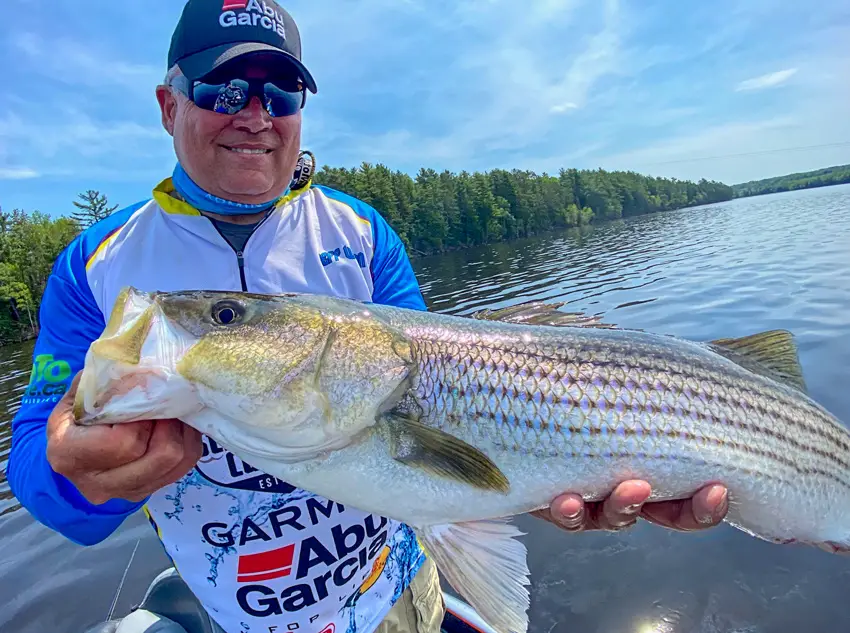
Atlantic Anglers Challenge was excited when Garmin Canada committed a beautiful Ecomap UHD 75SV Chartplotter/Sonar Combo as our Early Bird registration draw prize. Anyone that enters before June 30 has a chance to win.
The registration fee is $20, with $10 going to COVID-19 relief and the balance used to support cash prizes and operational support.
It is certain that with great angler information and proper data, non-government research scientists will have the data to force the government to protect our recreational fisheries. Our fisheries need Citizen Scientists.


